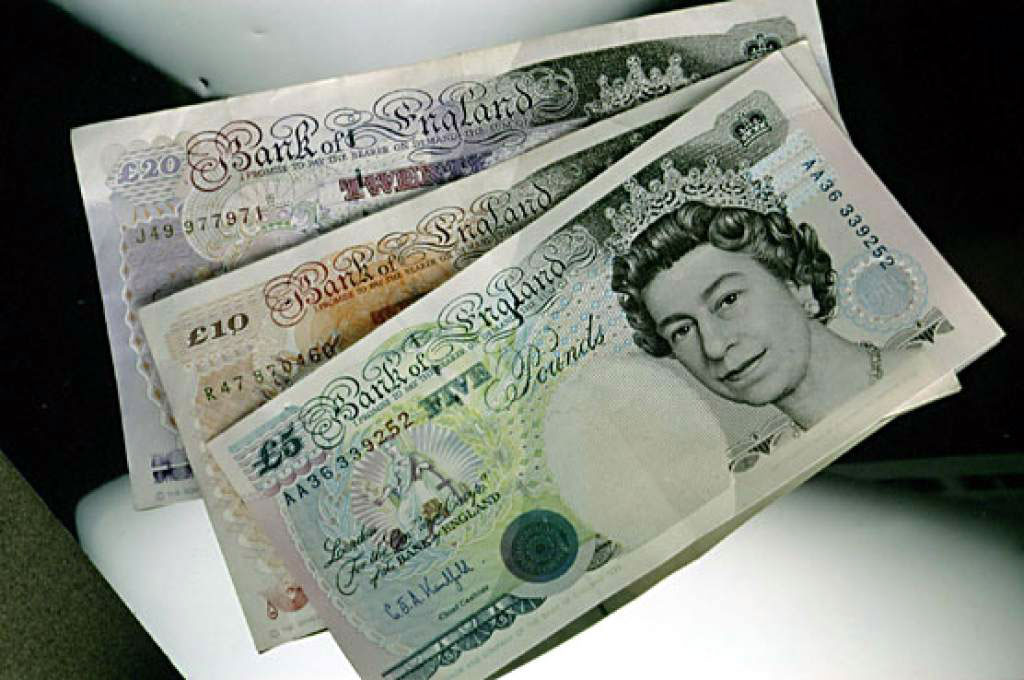 LONDON: Sterling fell half a percent against the Swiss franc on Tuesday, its biggest drop in 7 weeks on expectations of selling pressure from a large corporate acquisition.
LONDON: Sterling fell half a percent against the Swiss franc on Tuesday, its biggest drop in 7 weeks on expectations of selling pressure from a large corporate acquisition.
News that GlaxoSmithKline will buy Novartis's 36.5 percent stake in their consumer healthcare joint venture for $13 billion in cash also triggered some unwinding of long sterling bets against its rivals built up after Britain clinched a transition deal last week.
In mid-morning trades, sterling was down 0.5 percent against the Swiss franc at 1.3384 francs, its biggest drop since Feb. 8, according to Thomson Reuters data.
Sterling's decline against the franc also rippled over into the broader market complex with the pound falling half a percent against the dollar and 0.4 percent against the euro
"There is a fair amount of sterling that has to be sold against the Swiss franc and we are at post Brexit referendum vote highs," said John Marley, head of FX strategy atInfinity International, a currency risk management firm.
The British currency enjoyed a strong last week after Britain secured a Brexit transition deal with the European Union, official data showed British workers' wages growing at their fastest rate in nearly 2-1/2 years and the BoE confirmed its hawkish tilt.
Such has been the bullishness around the short term outlook for sterling that the British currency was trading near Brexit referendum vote highs against most of its rivals.
On a trade-weighted basket basis, the pound was trading at two-month highs above 80.
A revival in risk appetite in the broader markets also underpinned sterling's gains in the previous session.
Global markets were shaken this month after US President Donald Trump moved to impose tariffs on Chinese goods and Beijing threatened similar measures though headlines ove the last 24 hours suggested that tensions were receding.
Derivative markets were signaling bullishness for sterling in the short term with three-month risk reversals for the British currency - a ratio of calls to puts -- trading at its highest level in more than a month.
"While the attraction of the euro in part reflects its structural large current account surplus, the pound is benefitting more from expectations of positive cyclical developments," MUFG strategists wrote in a daily note.






















Comments
Comments are closed.